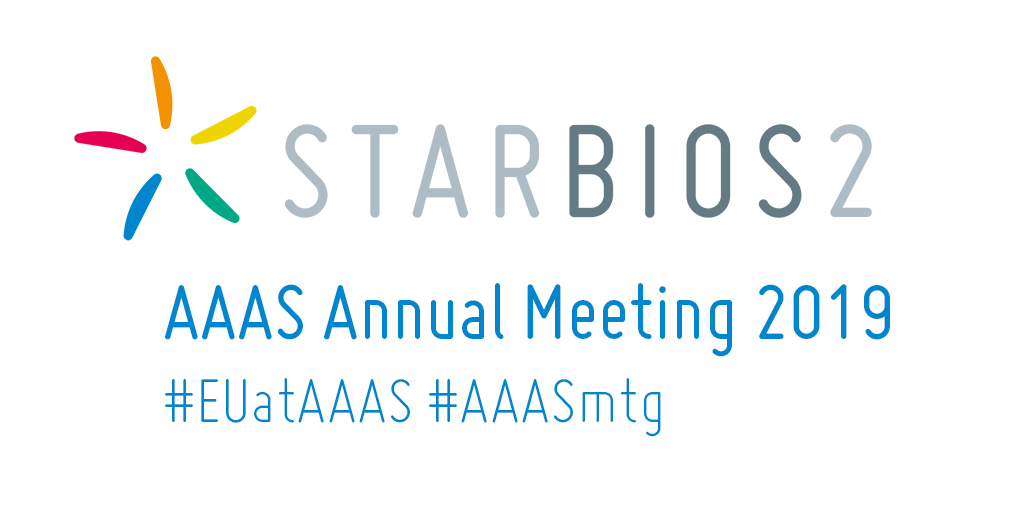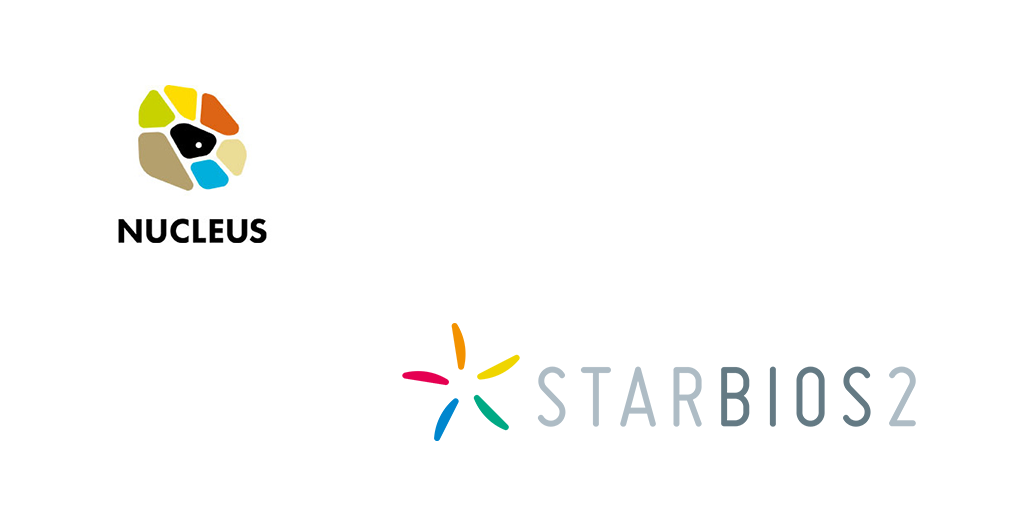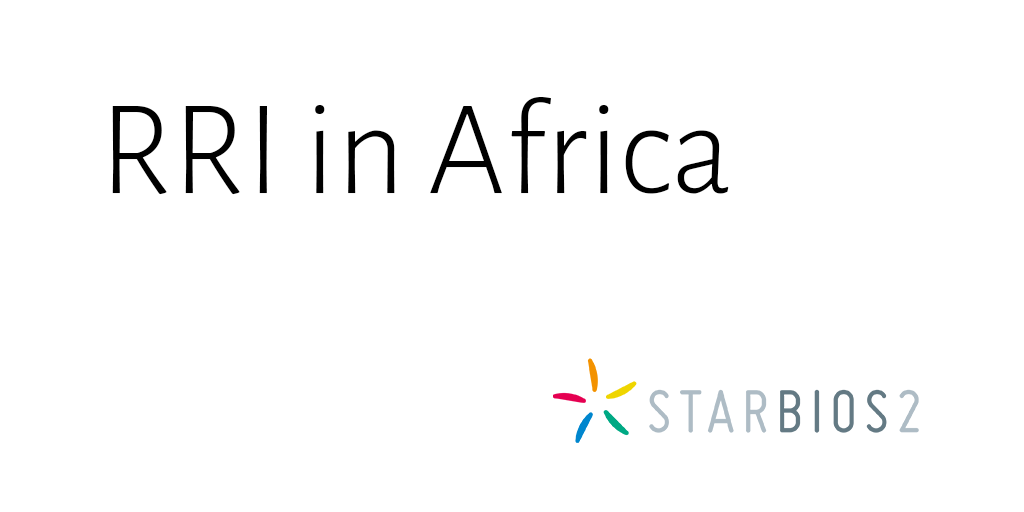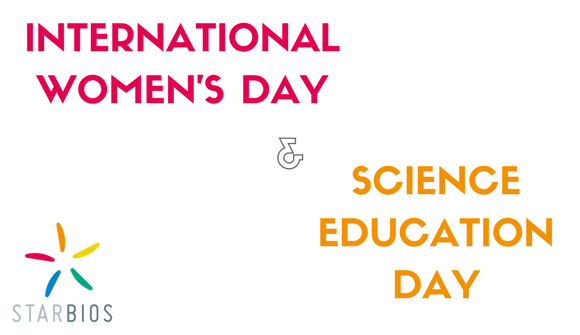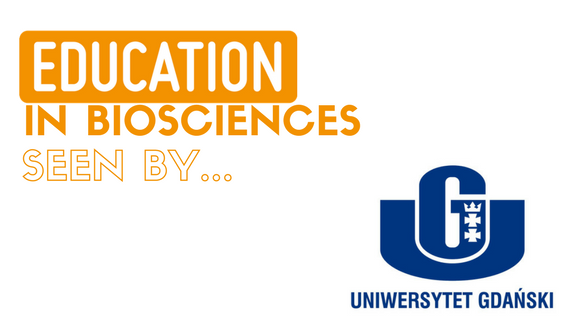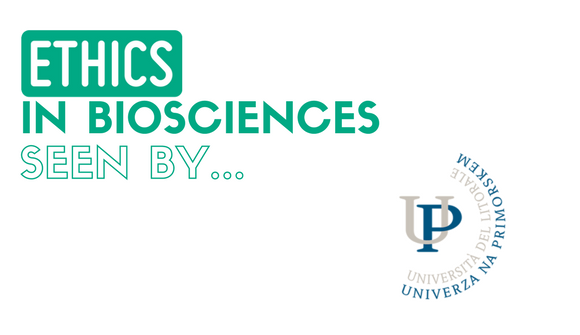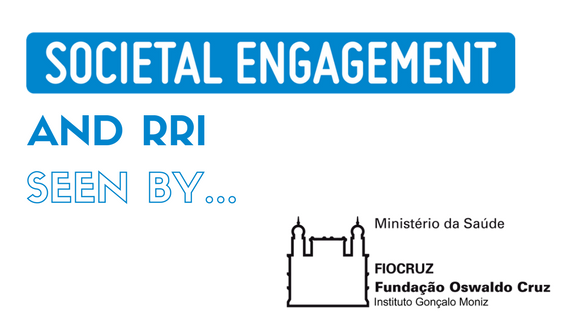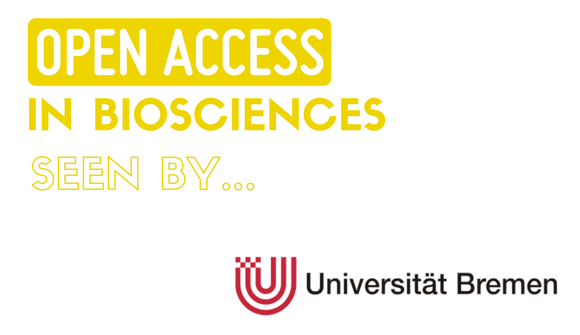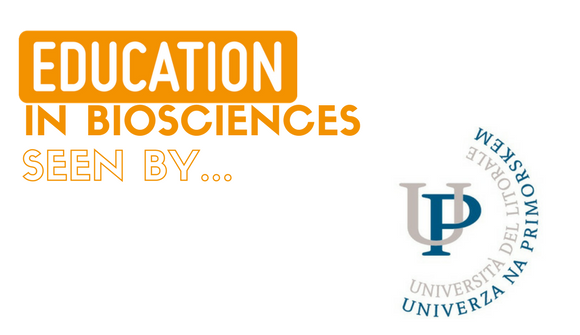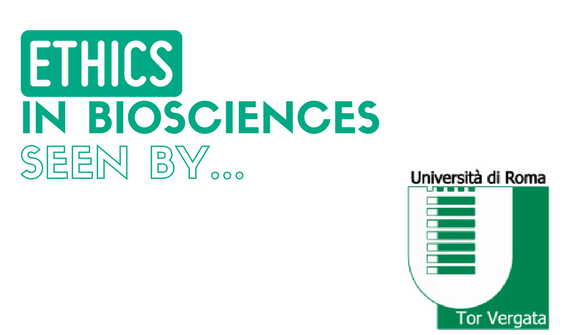Saturday, February 16th 2019, the STARBIOS2 session “Epigenetics in Infection, Diets and Environment: Responsible Research and Innovation” takes place at AAAS Annual Meeting 2019 in Washington DC. Saturday, February 16, 2019 08:00 AM – 09:30 AM, Marriott Wardman Park – Washington 2 Synopsis The study of infections, nutrition, and the related epigenetic aspects are areas of the biosciences that cross scientific disciplines and concern diverse stakeholders. Relevant examples are recent viral epidemics that demonstrated the importance of DNA sequencing and big data analysis for molecular epidemiology and vaccine development, and issues related to nutrition that comprise environmental factors which affect health and that, under certain conditions, can even alter human gene expressions. Stakeholders are faced with raising public awareness of epidemics and vaccines, improving nutrition globally, and fostering open access to big data. The European Union has developed the Responsible Research & Innovation (RRI) approach to address these challenges. The RRI encompasses public engagement, gender, open access, education, ethics, and governance. Understanding epigenetics in infections and nutrition requires RRI-related strategies to cross boundaries between disciplines and regions, as well as scientific and non-scientific communities. This session reports on projects from the European Union and Brazil which use the RRI approach to study recent viral epidemics and nutrition and provides indications of the various ways such an approach can be beneficial in these areas of research. Speakers Structural Change for RRI in Biosciences Research Institutions Claudia Colonnello, Laboratorio di Science della Cittadinanza , Rome, Italy RRI in Viral Infections and Nutrition …
STARBIOS2 perspectives on NUCLEUS conference
Andrea Declich represented STARBIOS2 at the fourth annual conference of the NUCLEUS project: “Living RRI: opening research to the needs and values of society”. Sessions and discussions drew from speakers and participants’ own experiences of responsible research and innovation (RRI) promotion, in and outside Europe. In this blog post, Andrea Declich shares his perspective. The “Living RRI” discussions covered several issues currently debated in the RRI community. For example, conference participants raised the issue of jargon. Although RRI may be especially relevant to academia, some of the vocabulary makes little sense to other stakeholders (e.g. industry) and is not helpful for their engagement in RRI promotion. Avoiding jargon is an important step towards promoting RRI outside the world of academia and the already established RRI community. An issue of debate is that many research institutions implement activities without realising they are actually implementing RRI. This connects to another issue also debated in Malta: the use of a standardised approach for RRI implementation. This had little support among conference participants. They considered a tailored approach that takes into account the organisations’ own needs and circumstances essential for successful implementation. With involvement of internal stakeholders, and exchange between them, the likelihood of success is much higher. When implementing structural changes, it is vital to consider the culture of the organisation. For research organisations, the practice of RRI is an approach to produce excellent science. Individual researchers using such approaches should be rewarded. But how? Some interesting discussions arose about incentives for RRI …
STARBIOS2 workshop on RRI in Africa
Is there a place for responsible research and innovation in African research institutions? With STARBIOS2 experiences in mind, the team at University of Rome Tor Vergata organised the workshop “RRI in Africa: Challenges and perspectives” to find out. To achieve the United Nations’ Millennium Developmental Goals, we need responsible research and innovation (RRI). But how do we implement RRI in African bioscience research institutions? At the RRI in Africa workshop, STARBIOS2 gained insights from the experiences of STARBIOS2 members, research and innovation collaboration projects between Italy and Africa, and African students. Among the around 80 participants were professors and PhD students in Europe and Africa, STARBIOS2 members, rectors of the Somali National University and Evangelic University of Cameroon, representatives of Italian universities (Camerino, Modena, Rome La Sapienza, Rome Tor Vergata, Padua, Parma, Pavia and others) and research institutions (CNR), and UNESCO. Focusing on RRI implementation in biosciences, some topics of discussion were the RRI approach, the specificity of RRI in Africa, experiences from higher education in Cameroon and Italy, student mobility, and scientific projects of Africa PhD students enrolled in Italian universities. The discussions resulted in some theories on how to best develop a plan for RRI implementation in African research institutions, and the conclusion that there may be a need to re-think the European strategy for RRI in the African context. Daniele Mezzana
Celebrating IWD 2018 and Science Education Day in STARBIOS2
International Women’s Day 2018 Last week on the 8th of March the world celebrated the International Women’s Day (IWD). STARBIOS2 partners took part in this year’s campaign #PressForProgress, a strong call to unite and motivate everyone to think, act and be gender inclusive. In STARBIOS2, our first aim is to contribute to the advancement of the RRI (Responsible Research and Innovation) which underpins Horizon 2020. RRI includes 5 key issues – Education, Gender, Ethics, Societal Engagement and Open Access – each of them are intertwined and their successful application lead to the bigger goal of the STARBIOS2 project: conceiving and implementing Action Plans (APs) oriented to attain RRI structural change in 6 institutions active in the field of Biosciences. This is how Starbios2 partners celebrated IWD! Science Education Day On Science Education Day (14 of March) we were happy to thank and show gratitude to all the teachers, educators, scientists, researchers and everyone who shares their passion for science with children and adults. STARBIOS2 partners are one of those people, as the Consortium consists mainly of scientists in different spheres of Biosciences. As Science Education is one of the key issues of RRI, we grabbed the opportunity to thank our outstanding partners for promoting Science Education! And you, how did you celebrate International Woman’s day and Science Education Day? Write us in the comments! To receive more updates on the STARBIOS2 project, follow us on Twitter and Facebook! You …
Education in Biosciences, experience of the University of Gdansk, Poland
How do you understand Education in biosciences research? Education is a vital aspect of the Responsible Research and Innovation concept. In order to build responsible relations with the society, there is a need for a certain level of science literacy in the society. On the one hand the scientists need to be aware of the need of communicating with other members of society, on the other hand the society needs educational interventions in order to be able to receive the information from scientists. What are the current standards and actions to achieve better Education on biosciences in your country and in your University? In Poland there are numerous initiatives to popularize science among society, e.g. science picnics, science festivals, open days in research institutions. Also some media such as TV, newspapers or radio broadcasts focus on familiarizing the society with the new discoveries of science. At University we organise special events such as debates on GMO, Biologists Night, Baltic Science Festival and other in order to broaden knowledge on biotechnology. Also special seminars and lectures on current problems in science are organised regularly. What are you aiming for with the implementation of the STARBIOS2 actions towards better Education standards for your institute? Our goal is to raise awareness about the issues covered by the RRI concept among stakeholders in Poland. An awareness raising campaign will be promoted locally at the Intercollegiate Faculty of Biotechnology UG & MUG, at the University of Gdańsk and beyond and will be dedicated to specific …
Ethics and Research, experience of University of Primorska
How do you understand Ethics in biosciences research? Working at the Department of Biodiversity, I am aware about differences in opinions regarding the human relationship toward the rest of the natural world. Conservation biologists agree that biodiversity is valuable and that the extinction of species, caused by human activities, should be decreased and avoided. However, justifications for these principles vary, ranging from arguments that emphasize the instrumental value of other species for humans to ethical theories that assert that wild life has intrinsic value. The debate on environmental ethics is focused on developing universal theories why humans should protect their natural environment. What we are facing in our research and working with students is the challenge to find a solid rational justification for why nature should be protected. What are the current standards and actions to achieve better Ethics in your University and in your country? In the case of animal and human subjects’ research, all research conducted on Faculty of Mathematics, Natural Sciences and Information Technologies must be approved by National Medical Ethics Committee or by National Ethics commission for animal experiments. All field work with animal has to be approved by Ministry of the Environment and Spatial Planning. What are you aiming for with the implementation of the STARBIOS2 actions towards better Ethics standards for your institute? In relation to Ethics, our strategy is to raise awareness and evaluate the procedures for planning and including research ethical issues in researchers’ work via developing Code of conduct for conservation biology …
Societal Engagement in Biosciences, FIOCRUZ, Brazil
By Ph.D. Fernanda Khouri Barreto Presentation of Oswaldo Cruz Foundation (Fiocruz): The Oswaldo Cruz Foundation (Fiocruz) is the main research institute connected to the Ministry of Health of Brazil. This institution works as a part of a Unified Health System (SUS) and is located in different brazilian states: Amazonas, Bahia, Distrito Federal, Mato Grosso do Sul, Minas Gerais, Paraná, Pernambuco and Rio de Janeiro. The Fiocruz focus in: research and innovation; management of public policies; production of drugs and biopharmaceuticals; education, information and communication in health, science and technology; health surveillance; basic and specialized care; and preservation of historical heritage. The main objective of Fiocruz is promote the improvement of life quality of the population through the generation and diffusion of scientific and technological knowledge. The societal engagement is one of the priorities of our institution and we believe that it is important to consolidate and extend the interaction between science and society. What are the current standards and actions to achieve better societal engagement in the Oswaldo Cruz Foundation? Our scientific communication is daily through institutional vehicles (website, newsletter and digital social networks) and the approximation with printed, digital, radio and television media. We also have a project named “Open Doors” where students from high school, undergraduate and graduate have the possibility to know how is a research institution. This project also gives them the possibility to take a tour in our facilities and to talk with scientists. Different projects developed in the institution seek to promote the approximation …
Open Access in Biosciences seen by the University of Bremen, Germany
How do you understand Open Access in biosciences research? Besides scientific publications of research results, the free access to databases for sequences of bio molecules like DNA, RNA and proteins is crucial for the field of biosciences. Whereas the access to most genomic databases is already free, the Open Access to research publications is still on the way. “If I saw further than other men it was because I was standing on the shoulders of giants.” This quotation from Isaac Newton shows that research is always based on the results of previous research. The access to scientific publications is a prerequisite for any research activity. Open Access provides the free and unrestricted access to scientific publications via the internet. This is not just a benefit for the research community itself, but also for the society as a whole: every interested person has access to scientific research results. What are the current standards and actions to achieve better Open Access in your University and in your country? The “Berlin Declaration on Open Access to Knowledge in the Sciences and Humanities” from 2003 is one important milestone in establishing Open Access in the German science system. All big science institutions in Germany – e. g. Max Planck Society, Helmholtz-Association and German Research Foundation– are among the first who signed in the declaration. Up to date more than 550 German and international institutions have signed in and admit to support and foster Open Access. The University of Bremen sets up an Open Access …
Education and RRI: experience of the University of Primorska, Slovenia
How do you understand Education in biosciences research? Education is, to our opinion, main link between biosciences research and transfer of obtained knowledge to next generation of scientists. This process is deep-rooted but not necessarily made explicit and it should be exploited much more effectively for the benefit of all involved stakeholders. The best way of enhancing the motivation of both academics and students is linking research and teaching and furthermore transferring this knowledge not only to students but also to broader public. What are the current standards and actions to achieve better Education in your University and in your country? Studies at the University of Primorska are based on modern teaching methods and are carried out in various forms, such as lectures, seminars, exercises (field work, laboratories), tutorials and independent study. Teaching and learning processes are based on proactive methods that encourage students to critically evaluate their acquired knowledge and skills and are focused on the integration of education and research. International cooperation and mobility of academics and researchers is one of the basic policies of our University. We also promote mobility within existing schemes (Erasmus+, CEEPUS) and within bilateral agreements on different levels (national, university and faculty). What are you aiming for with the implementation of the STARBIOS2 actions towards better Education standards for your institute? At the University of Primorska, we are implementing key actions of the ‘Science with and for Society’ by connecting together researchers, citizens, policy makers, business and third sector organizations. We believe that all societal actors working together could …
Ethics and RRI: the experience of UNITOV, Italy
Dr Carla Montesano – Assistant Professor of General Pathology and Immunology, member of STARBIOS2 Coordination Team, and responsible for the STARBIOS2 Action Plan of University of Rome – Tor Vergata Taking into account the Italian context, what are the objectives of the STARBIOS2 team regarding the relationship between ethics and RRI? In Italy, as is known, ethics in the biosciences sector is regulated by law at the national level and specific activities, such as the use of animals and biological samples of human origin, the generation and use of GMOs, are controlled by specific control committees. Within the framework of the STARBIOS2 project at the Department of Biology of the University of Rome “Tor Vergata”, we intend to raise awareness among young researchers on ethical issues, increasing the perception of ethics as a useful way for improving the research (in a qualitative sense): this to say that the adoption of an ethical practice in research means that research results and products are socially accepted. Furthermore, we aim to involve young researchers and PhD students in the ethics debate, as an important RRI key. The idea is to organize a “Bioethic open lab”, that is a permanent and open working group in the Department of Biology, for working out ethical issues regarding the biosciences. Which institution, within your university, is promoting this reflection? The “UNESCO interdisciplinary Chair in Biotechnology”, active since twenty years in the Department of Biology of University of Rome “Tor Vergata”, has carried out research related to the …




